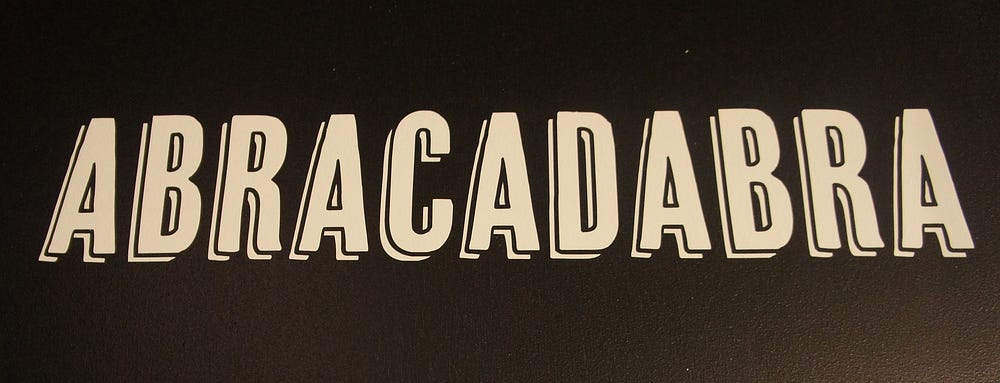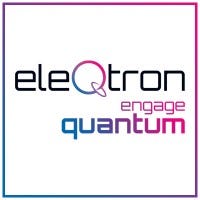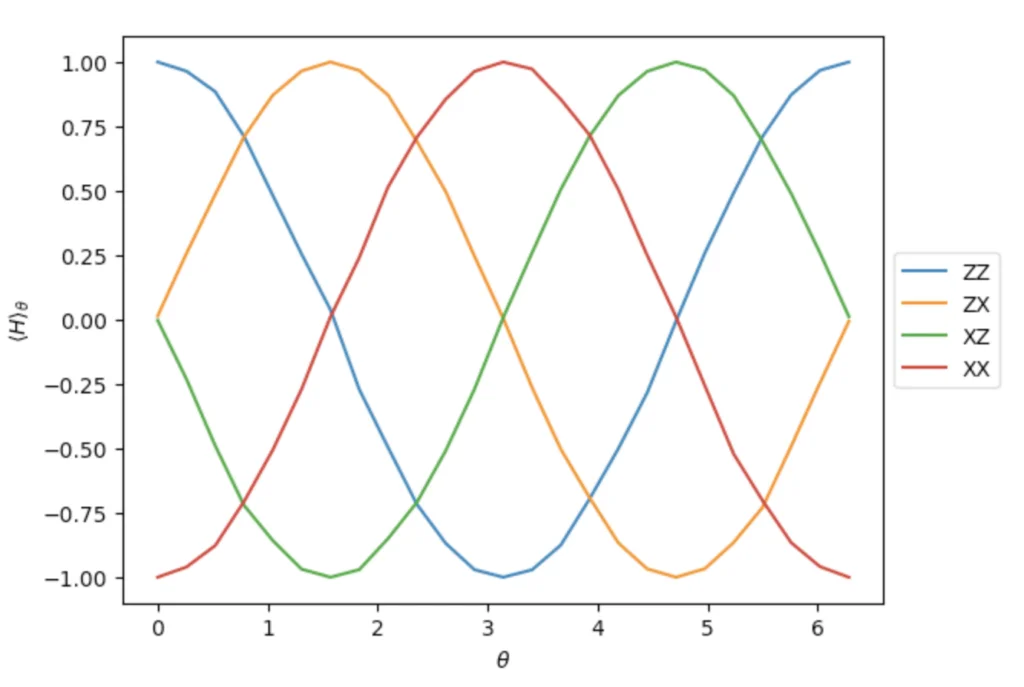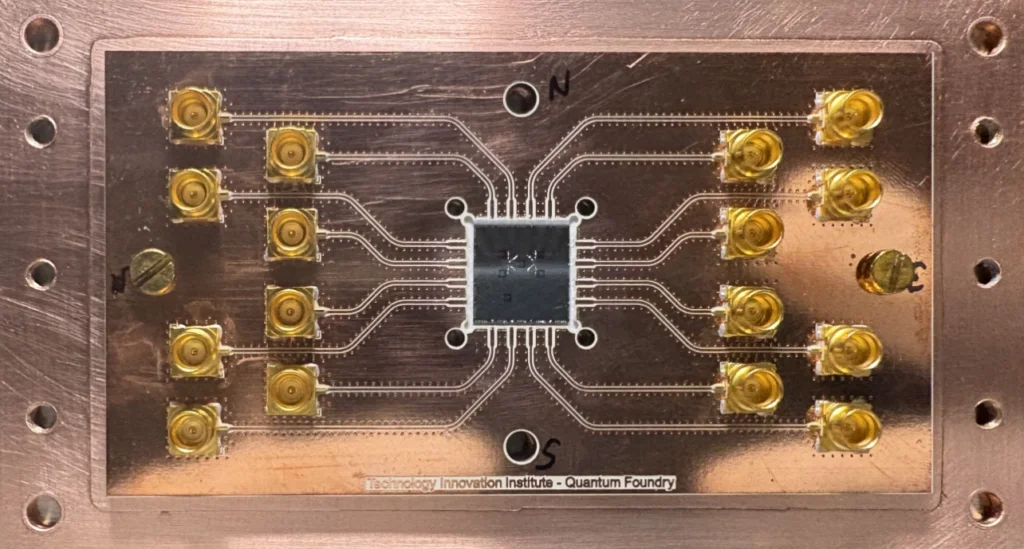
Trapped Ions
Of the inspirational work being done with trapped Ion technology by some exciting companies like Honeywell, IonQ, Universal Quantum, and Alpine Quantum Technologies (AQT), eleQtron — founded in the city of Siegen, Germany, in 2020 — is sure its exciting IP, which is developing quantum computers based on the said technology of trapped ions, will create solutions in chemistry, life sciences, logistics, and finance.
Because, in the opinion of IonQ, “atoms make better quantum computers”:
[…] atoms are the heart of our quantum processing units. We trap them in 3D space, and then use lasers to do everything from initial preparation to final readout. It requires counterintuitive physics, precision optical and mechanical engineering, and fine-grained firmware control over a variety of components, but the superior results speak for themselves
eleQtron
Although a great majority of startups and bigger stakeholders in the QC ecosystem have adopted the more popular superconducting circuitry approach to the technology, progress in this field has become slower of late, which has created a scenario where companies have begun looking at trapped-ion technology as a viable platform to building out their architecture. eleQtron’s novel IP, called Magnetic Gradient Induced Coupling, or MAGIC for short, “allows these qubits to be controlled reliably and precisely with established, inexpensive and miniaturizable high-frequency technology.

Could this be the answer? The jury’s still out on that but it’s good to have a few options in an industry that has still yet to find its feet properly.
MAGIC is the brainchild of eleQtron co-founder Prof. Dr. Christof Wunderlich. A physicist and Chair of Experimental Quantum Optics at the University of Siegen, Wunderlich is a leading expert in the field of quantum computing with radio-frequency controlled trapped ions. The technology allows for the qubits to be controlled via static magnetic fields and scalable high-frequency fields, commonly used in communication technology.
eleQtron’s quantum computer, then, will have the power to solve optimization problems in finance and others sectors, simulate physical particles as well as efficiently resolve logistical conundrums like the travelling salesman problem in a fraction of the time that conventional computers can do it.

Joining Wunderlich in the eleQtron’s founding team is CEO Jan Henrik Leisse and Michael Johanning. Leisse is a trained engineer with an MBA while Johanning is a physicist and lecturer at the University of Siegen.
With several partnerships ongoing, eleQtron’s task now will be to prove its technology can execute and attract a solid customer base.
For more market insights, check out our latest quantum computing news here.
















